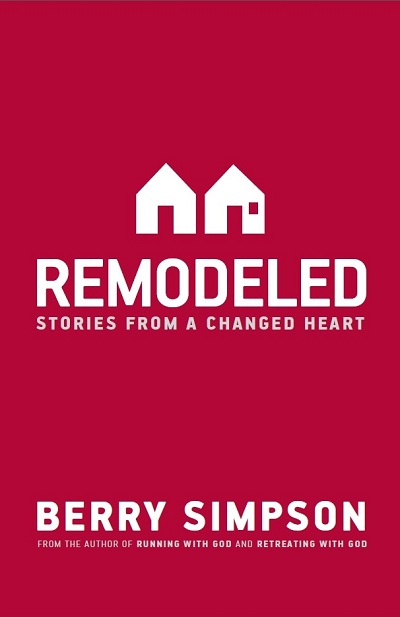What do you do to soften your life? Do you have any regular practices that round off the sharp edges and fill in the cracks?
Jonathan Katz wrote about his experience with Tai Chi, which his teacher, Scott, said was about softening life.
Maybe Katz was right. However, when I’ve watched Tai Chi practitioners do it, it looks like one more thing I am not coordinated enough, or flexible enough, or strong enough, or patient enough to do.
I know, I know, that’s probably incorrect. Everything is hard until you learn it, and nothing that comes easy is worthwhile. But still …
But still, Katz’ point made sense to me. He wrote, “Our lives are hard, fast, filled with edges – bills, bad news, technological problems, worries about work, a bombardment of too much edgy information, things we have to answer, react to.”
Katz says that for him, softening “is required every day, several times a day in our fragmented world, so filled with argument and sharp points, the left and the right, anger and judgment. It grounds me, though, as meditation does, prepare me for the bombardment of things that is life in our time. Silence is not built into our lives, there is always something to do, check, fix, respond to, absorb.”
Lately I’ve been walking around the pond in the park across the street from our house every evening. Sometimes with Cyndi, sometimes alone. I started this practice after reading Natalie Goldberg’s book, The True Secret of Writing. She wrote, “Practice is something you choose to do on a regular basis with no vision of an outcome; the aim is not improvement, not getting somewhere. You do it because you do it. You set up to do something consistently over a long period of time, and simply watch what happens.”
So I decided to start walking around the pond. Not to put in my mileage log, and not even for exercise, but to see if doing this daily practice will change me in some way.
During a walk last week, I remembered the softening effect our dog, Lady, used to have on me. I walked in the park with Lady at least once a day, often twice. In her final years, instead of pulling me down the sidewalk, she slowed my pace to walking meditation.
Lady was the most introverted Labrador in the history of dogs. She needed very little personal attention, she didn’t care to play or get a belly rub or fetch a ball; she was content to be by herself and on her own. When we walked through the park I would talk to her the entire time, but she never gave a sign that she heard me or even cared. She softened my life.
And then, after she died in August 2010, I stopped walking in the park. I no longer had a need.
But every day, when I drove past the pond, I was a little embarrassed that I lived across the street from a premium walk and I wasn’t taking advantage.
I started walking again to reacquaint myself with the park and to slow down my pace. Now, instead of talking to Lady as I walk, I focus on my breathing and I pray about relationships and projects.
How about you? Does softening your life sound attractive? Is it something you need more of?
Or maybe you don’t want to soften your life. Are you too soft already and need more definition and structure?
Me, I have plenty of structure, and I create more all the time. But I want to soften those rigid thought patterns in my brain, soften my know-it-all judgmental tendencies.
I doubt you can soften your life as an act of will. That seems oxymoronic, actually. But you can add practices to your life that will have the effect of softening. I added walking.
One more thing: It occurred to me as I was writing this, that maybe my fallback prayer, “change my heart,” should become instead, “soften my heart.” Soften my heart, soften my fear, soften my mind, soften my words, soften my pace, soften my judgments. Soften my life.
What do you do to soften your life? I’d love to hear.
“I run in the path of Your commands, for You have set my heart free.” Psalm 119:32
Find me at www.berrysimpson.com, or www.twitter.com/berrysimpson, or http://www.facebook.com/berry.simpson


















